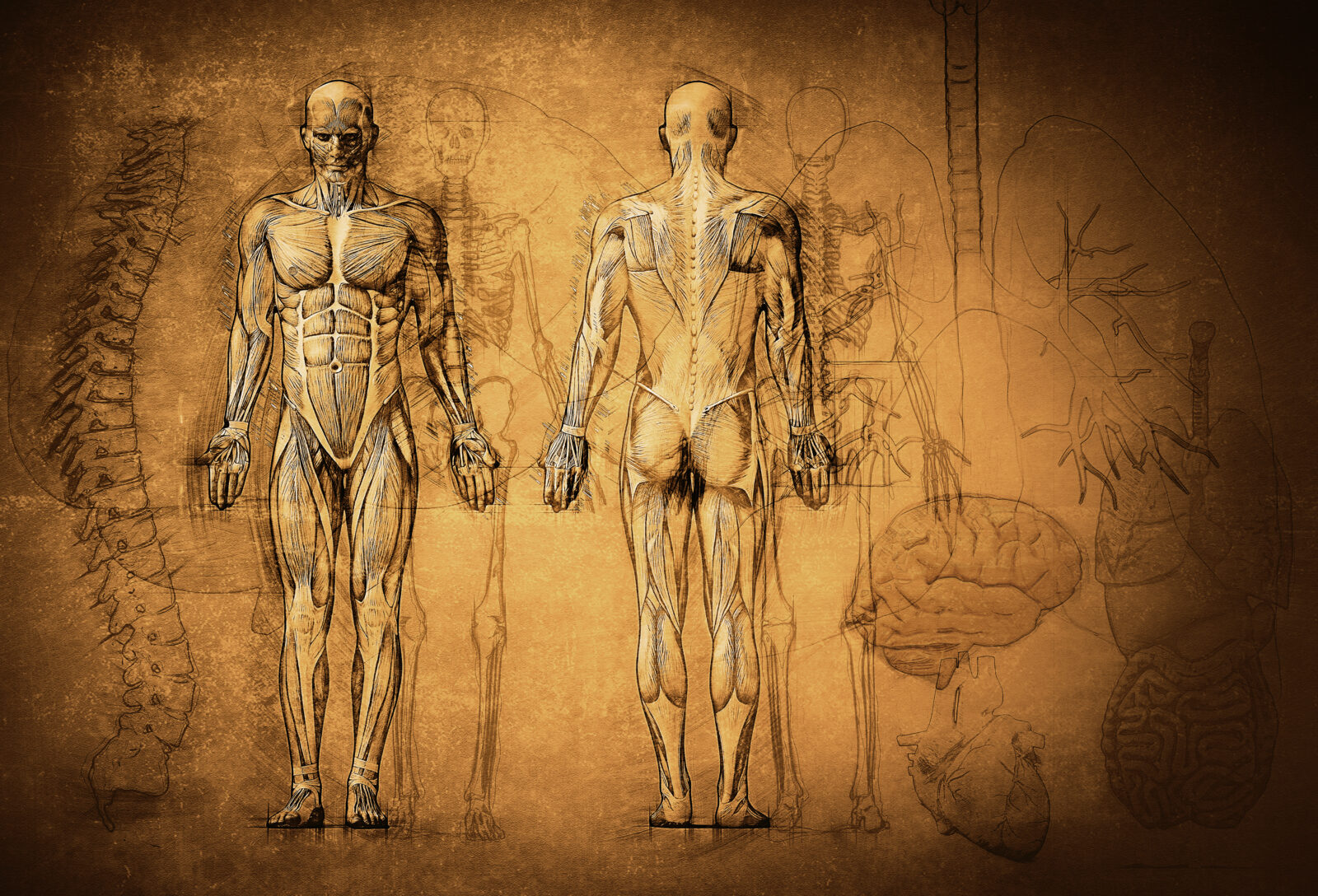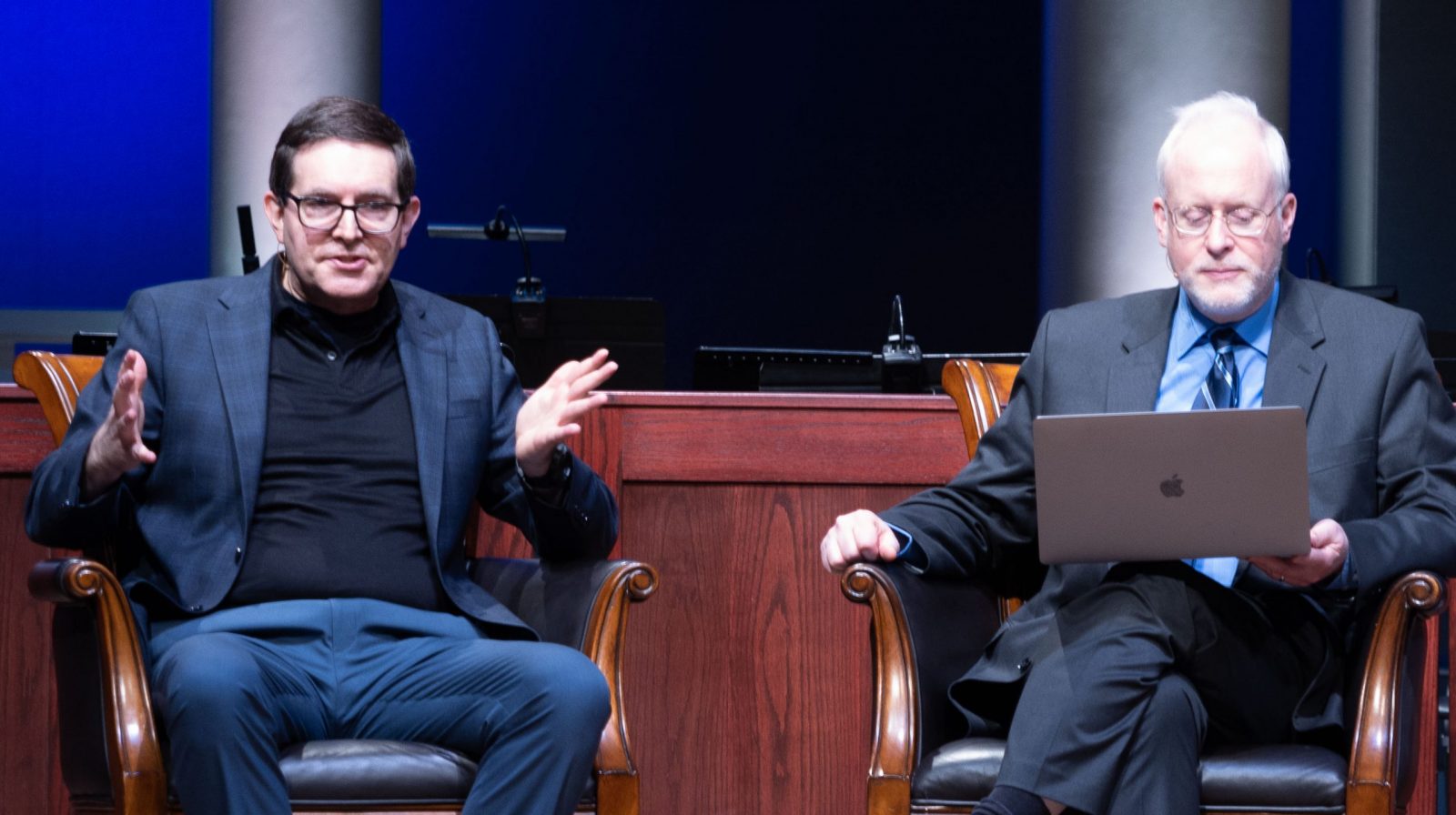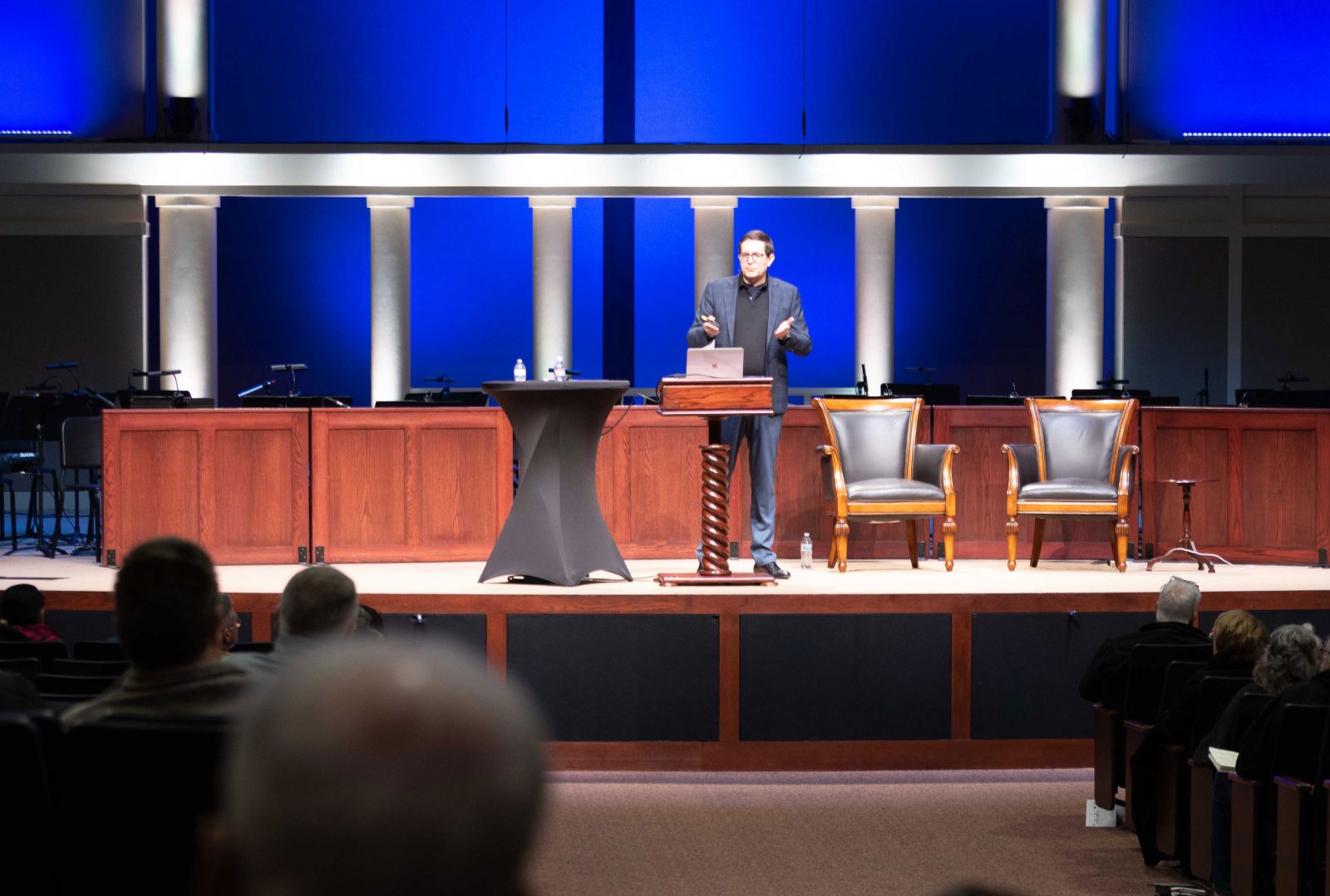


The Miracle of Man: Reflections on The Westminster Conference

The Return of Natural Theology

How Modern Physics Reveals Purpose in the Universe

Physics to God: Rational Arguments for Design in the Universe

This Sandgrouse Just Took the Royal Society to Design School
Today’s ID the Future takes a look at how scientists from MIT and Johns Hopkins University are picking up clever engineering tricks by studying the feather design of the Namaqua sandgrouse. Ordinary bird feathers are already a master class in ingenious design, but as Jochen Mueller and Lorna Gibson show in a recent Royal Society Interface paper, the males of this desert-dwelling sandgrouse from southwestern Africa “have specially adapted feathers on their bellies that hold water, even during flight, allowing the birds to transport water back to the chicks at the nest.” Episode guest Brian Miller details the ingenious design of these feathers and tells how they are inspiring human inventions, one of which could help desert communities collect water Read More ›

Yes, a New Design-Based Paradigm is Emerging in Biology
On today’s ID the Future, physicist and engineer Brian Miller continues his two-part conversation with host Casey Luskin about an exciting paradigm emerging in biology wherein organisms and their parts are approached as near-optimally engineered systems. Under this framework, the scientist seeks to better understand biological structures in the same way one might try to unravel the workings of some unfamiliar advanced human technology one came across in a field. This design-centric paradigm is reshaping multiple areas of biology. One involves our understanding of biological mutations. While some mutations are indeed random, as the neo-Darwinian paradigm assumes, some appear to be the product of what is known as preprogrammed phenotypic plasticity, as if a thoughtful designer had programmed various species Read More ›

Is a New Design-Based Paradigm of Biology Emerging?

Brian Miller Q&A: Engineering in Biology, and THE Engineer
On today’s ID the Future, host John West sits down with physicist and engineer Brian Miller to pitch him questions submitted at the Dallas Conference on Science and Faith. Is the Bible against the pursuit of knowledge about the natural world, or for it? Are microevolutionary changes in various organisms consistently driven by random mutations and natural selection, or instead, are some made possible by pre-programming in the organism, programming that gives the organism a built-in flexibility to adapt to its environment, within limits? If living systems were deliberately engineered, how good of an engineer was the engineer behind living systems? And if so, what are the implications for the evolution/design debate? Also, what do engineering insights regarding optimization processes Read More ›

Brian Miller: The Surprising Relevance of Engineering in Biology
Today’s ID the Future brings listeners physicist and engineer Brian Miller’s recent lecture at the Dallas Conference on Science and Faith, “The Surprising Relevance of Engineering in Biology.” Miller rebuts several popular arguments for evolution based on claims of poor design in living systems, everything from the “backward wiring” of the vertebrate eye to whales, wrists, ankles, and “junk DNA.” But the main emphasis of this discussion is the exciting sea change in biology in which numerous breakthroughs are occurring by scientists who are treating living systems and subsystems as if they are optimally engineered systems. Some in this movement reject intelligent design for ideological reasons. Others embrace it. But all systems biologists treat these systems as if they are masterfully engineered Read More ›